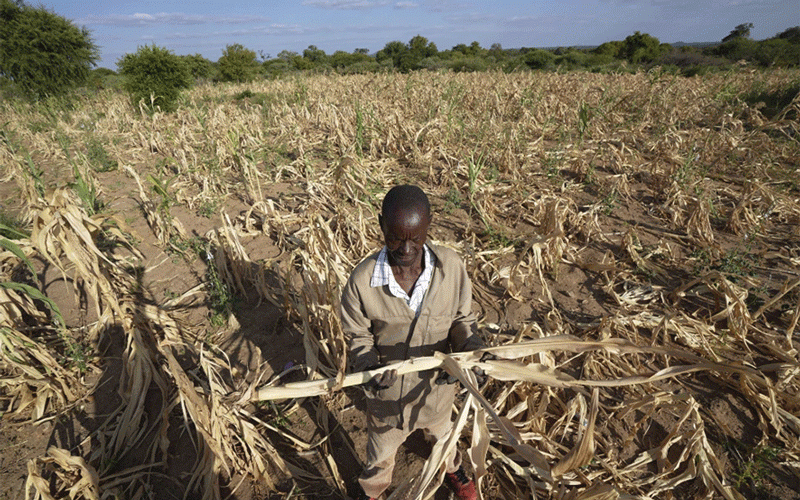
THE severe drought that has impacted on large swathes of southern Africa is threatening the lives of hundreds of thousands of children in the six worst-affected countries, United Nations Children’s Fund (Unicef) has said. This includes more than 270 000 children who are expected to suffer from life-threatening severe acute malnutrition in 2024.
El Niño-related weather conditions, including extremely low rainfall, have resulted in Lesotho becoming the latest country to declare a state of national food disaster following similar declarations by Botswana, Malawi, Namibia, Zambia and Zimbabwe.
In Lesotho, Malawi, Namibia, Zambia and Zimbabwe, 7,4 million children are living in child food poverty of which over 2 million are surviving on extremely poor diets that include at most two food groups. This is now exacerbated across large parts of southern Africa due to drought. Communities have lost crops and livestock due to lack of pasture and water.
Vulnerable children are heavily impacted by climate shocks in southern Africa. These shocks dramatically lower the quantity, diversity and quality of available food; negatively affect the care of children and disrupt access to clean and safe water, exposing children to life-threatening childhood diseases including diarrhoea.
In Zimbabwe, 580 000 young children are living in severe food poverty, a number that is likely to rise with the current El Nino-induced drought. Unicef is working with the government and national partners to protect diet diversity and child feeding practices and to avert a rise in child wasting, by expanding and strengthening the national multi-system community-based model for the prevention of all forms of malnutrition, with care groups as the delivery platform. Care groups, which are led by mothers, deliver a holistic package of counselling and support including on health, nutrition, child development, water, sanitation and hygiene and are linked to other forms of support available in the district including social protection (cash and food distribution), agricultural support and income generation activities. To date, Unicef had supported the training of 200 care groups to prevent malnutrition among children.
In addition to investment in resilience, Unicef calls for urgent acceleration and scale-up of life-saving programmes across the region to reduce the risks of increased numbers of children becoming malnourished. - Unicef







